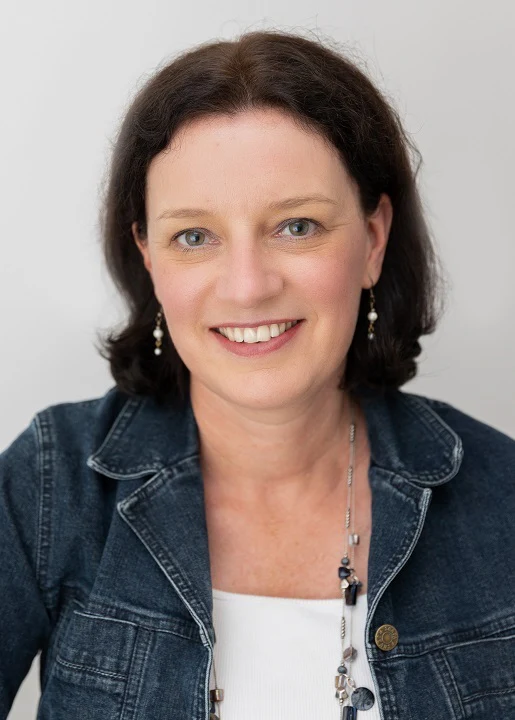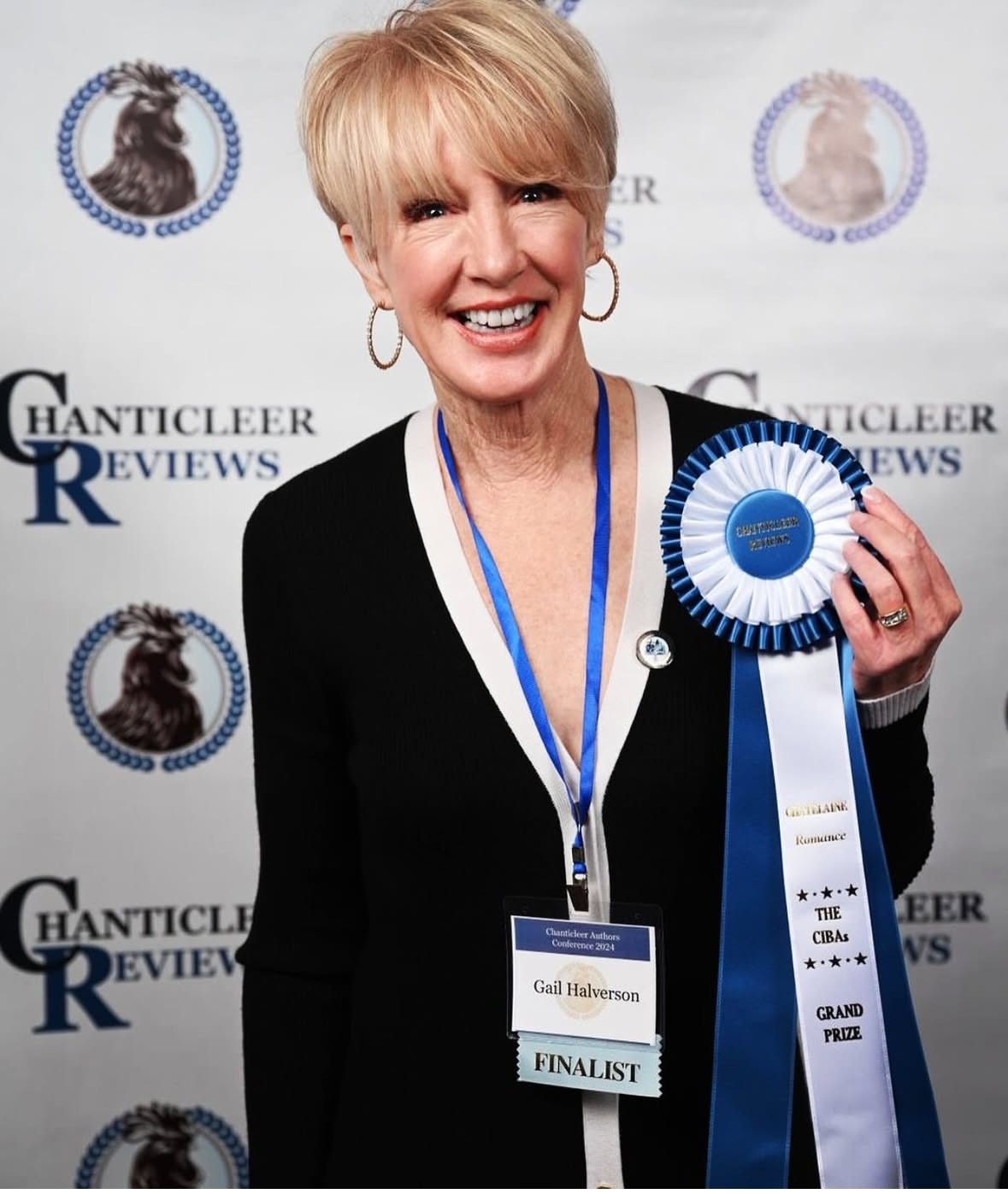|
Listen to or download this article:
|

We had the pleasure of speaking with the amazing writing team of Shaziya M. Jaffer, Brad W. Rudover, and Jessica Alexanderson (aka: Scuba Jess) recently. Together, they authored The Girl Who Recycled 1 Million Cans, the 2023 CIBA Grand Prize in the Little Peeps division.
Jaffer, Rudover, and Alexanderson have created a program called Recycling is Like Magic (formerly Scrap University Kids), which teaches children about how they can help make our world cleaner through recycling, and their award-winning book is read to schoolchildren across the Pacific Northwest to teach them about the importance of participating in environmental projects. Here’s what we talked about:
Chanti:Let’s start with the basics. Can you tell us a little about how your writing team came together and what inspired you to start creating books to support your recycling education mission?
Magic: We noticed a lack of recycling education books in the children’s book genre, so, we decided to write one that would share our recycling knowledge to increase the overall recycling rate. Now, the book, along with our other efforts have encouraged our AMAZING readers and recyclers to recycle over 3,516,695 cans!
Chanti: That’s an incredible impact! I love that you’re combining child literacy with environmental education. When you think about your roles, do you see yourselves primarily as authors or as educators?
Magic: Yes, we are authors, and we are very happy our book was so well received, but we really think of ourselves as educators. Engaging with children by reading our book to them is a great way to introduce them to the idea that we are all responsible for taking care of the earth.

Chanti: That educator mindset really comes through in your work! When it comes to writing children’s books, do you find yourselves following traditional publishing conventions, or do you prefer to forge your own path?
Magic: As entrepreneurs, we color outside of the lines. We are always looking for ways to connect with children and seek out opportunities to get our message out to them as well as the community at large. We see our children’s books as a way to teach children through a fun story where they can identify with the characters and see themselves as recyclers. Those kids then influence the behavior of their friends and family, resulting in even more lifelong recyclers. Because of this, The Girl Who Recycled 1 Million Cans far outweighs any public service announcement or political campaign we could have offered, and it has quickly become the catalyst for change.
Chanti: How do you come up with your ideas for a story that is meant to grab the attention of young children?
Magic: Our work in protecting the environment provides plenty of opportunities to be inspired. We work with people who tell us the stories of what they see and hear about the recycling efforts in their community and the results of those efforts. Our own children also provide great inspiration for our stories. Their inquisitive nature often presents the questions we aim to answer in our books.

Chanti: Drawing from real-world experiences and your own children’s curiosity—that’s brilliant! Writing for children requires such a specific skill set. How do you continue developing and refining your craft?
Magic: Because our books are aimed at educating children, we look for opportunities to explain difficult concepts in a way that children will understand. This helps to think about our word choice and sentence length when we’re writing.
Chanti:That focus on accessibility is so important. Since you work as a collaborative team how do you organize your writing process? Do you have a structured approach, or is it more organic?
Magic: Because we work as a team, we have created a repeatable process that we follow for each title, passing the book between us as we add new pages and, eventually, we end up with a story that we can edit to make sure it flows well, makes sense, and delivers a clear message. Having said that, we all generally let the process flow rather than forcing it to happen as we feel that is the best way to create a readable book that kids will enjoy. If we feel stuck we turn to nature to break through writers block—Brad Rudover goes for a walk in the forest and Scuba Jess goes for a dive (of course!)

Chanti:I love how you each have your own way of reconnecting with nature when you need inspiration! Every writing team has their influences. Can you share some of the authors who have shaped your approach to children’s literature?
Magic: Brad Rudover loves Dr. Seuss’s creative genius, and his bright, active characters. They are the perfect model to create the bright, active characters who love recycling in our books. Shaziya M Jaffer and Scuba Jess are influenced by Dr. Seuss’s wife, Helen Palmer, who wrote A Fish Out of Water. To learn more about the craft of writing a great children’s book, we turn to Dr. Seuss’s famous book, Green Eggs and Ham, and to learn about the business of writing we turn to From Good to Great by Jim Collins.
Chanti:Dr. Seuss is such a perfect influence for what you’re doing! Your mission clearly extends far beyond just writing books. How has becoming published authors affected your involvement in your community?
Magic: Our whole mission revolves around community engagement, beginning with children. As we’ve dived deeper into spreading the word about recycling, we’ve found ourselves focusing more on philanthropy and opening doors to engagment with the greater environmental movement.

Chanti:That community focus is wonderful to see. What specific things are you doing to promote literacy in your region?
Magic: We donate our books to elementary schools that need more recycling education in our region. Shaziya M. Jaffer always says, “Our perfect readers are children who want to make the planet a better place.” And Scuba Jess relies on her experience as a diver. “I love sharing my passion for ocean conservation through underwater photography and cleanup dives, and I bring these experiences to students by visiting classrooms, hosting Zoom calls and reading our books at libraries across Washington state. My goal is to inspire kids with fun and easy ways they can help protect our oceans. With over 10 years of diving and 1,465 dives, I’ve seen firsthand how much our amazing sea creatures in Puget Sound and beyond need our help. If there’s one thing I can ask of anyone reading this: please pick up litter when you see it, never toss cigarette butts on the ground and always recycle your aluminum cans—every action makes a difference!”
Chanti:That hands-on approach is incredible, and Scuba Jess, your diving experience adds such authenticity to your environmental message! As we wrap up, what exciting projects is the Recycling is Like Magic team working on now? Are there more books in the pipeline?
Magic: We are always looking for ways to enact behavioral change for the betterment of society, so we work to create many educational and actionable avenues into the recycling world. We’ve followed up The Girl Who Recycled 1 Million Cans with another book called, A Recycling Adventure to the Scrap Yard, and we have two more children’s books in mind for our four-book metal recycling series. The third book is being written now and will be called A Recycling Adventure to the Steel Mill. It focuses on the steel melting process after Daddy’s truck was shredded at the scrapyard, and we see what it will be turned into next.
Our “Two Million Can Recycling Contest” is also a big project, with a goal to double contest participation by engaging with approximately 50 schools. It will feature more incentives for participating students, including a $500 bonus for collecting 150,000 cans, pizza parties, and more!
 “Our goal is to eliminate metal from the waste stream within the next 30 years by providing recycling education to children.
“Our goal is to eliminate metal from the waste stream within the next 30 years by providing recycling education to children.
Given the success of our Million Cans Recycling Contest, Beverage Can Industry Champions sponsored by leading organizations driving sustainable aluminm packaging, we can say with confidence that our book is helping increase recycling rates. we can say with certainty our book is the solution to increasing the recycling rate.
Kids gamify collecting cans which leads to immediate impact, but more importantly, it creates long-term behavioral change. They quickly learn that throwing cans (or any metal) into the trash is an unacceptable because those materials are recyclable and valuable.” – Brad Rudover, Recycling is Like Magic!
With the launch of our nonprofit, The Recycling Society, anyone who supports our mission can now donate or get involved. Learn more at: recyclingsociety.org









Leave A Comment